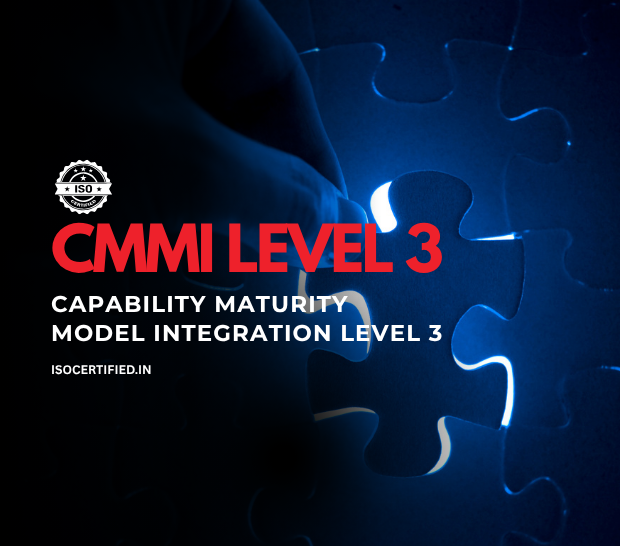- Globally Recognized Certification
CMMI Level 3 - Capability Maturity Model Integration Level 3
CMMI Level 4 Certification demonstrates quantitatively managed processes where organizations control project performance using statistical techniques and measurable quality objectives. This certification validates predictable process execution through data-driven decision-making, performance baselines, and systematic variance analysis.
Request A Free Quote
What is CMMI Level 4 – Capability Maturity Model Integration Level 4 Certification
CMMI Level 4 Certification represents quantitatively managed maturity where organizations establish measurable quality and process performance objectives derived from business goals and use statistical methods to manage and control processes. This certification requires implementation of Organizational Process Performance (OPP) and Quantitative Project Management (QPM) process areas, demonstrating capability to predict project outcomes, identify process variations, and take corrective actions based on statistical analysis. Level 4 organizations establish process performance baselines, models, and measurement repositories that enable data-driven management decisions and predictable project delivery.
The certification demands comprehensive metrics collection, statistical process control implementation, process capability analysis, and performance prediction modeling across projects. Organizations must demonstrate quantitative understanding of which processes contribute to achieving quality and performance objectives, establish control limits for process stability, and use statistical techniques to identify special causes of variation requiring intervention. CMMI Level 4 transforms management from intuition-based to evidence-based, enabling accurate forecasting, risk mitigation, and consistent delivery against commitments.

- Benifits
Key Benefits of CMMI Level 4 Certification
This certification enables predictable delivery performance, reduces project risks through quantitative management, improves estimation accuracy, and provides competitive advantage in securing contracts requiring proven process capability.
Enhanced Delivery Predictability
Achieve accurate project forecasting through statistical models and performance baselines, significantly reducing cost overruns and schedule delays.
Quantitative Risk Management
Identify and mitigate risks early using statistical process control techniques that detect performance deviations before they impact project outcomes.
Improved Decision Making
Base management decisions on objective data and statistical analysis rather than subjective judgment, increasing success rates and stakeholder confidence.
Premium Contract Eligibility
Qualify for high-value contracts with government agencies and corporations requiring demonstrated quantitative process management capabilities.
- Standard Process
Your Path to ISO Certification
Four straightforward steps to achieve ISO certification: consultation, documentation, payment, and certificate delivery—all managed remotely for your convenience.
Free Consultation
Connect with our ISO experts to discuss your certification needs and requirements.
E-mail Documents
Submit your organization's documents and information securely via email.
Make Payment Online
Complete your payment conveniently through our secure online payment gateway.
Get ISO Certificate
Receive your internationally recognized ISO certification upon successful audit completion.
- Which Industries?
Who Needs This
Software development companies, systems integrators, IT service providers, and engineering firms pursuing large-scale contracts requiring predictable delivery need CMMI Level 4 certification. Organizations serving regulated industries and mission-critical projects benefit significantly from this credential.
Enterprise Software Development
Systems Integration Services
Telecommunications Engineering
Government IT Contracting
- Ongoing Requirements
Compliance & Maintenance
Post-certification, organizations must fulfill ongoing requirements including annual surveillance audits, internal reviews, and recertification to maintain their ISO certificate validity.
Annual Surveillance Audits
Certification bodies conduct yearly audits to verify continuous compliance with ISO standards and ensure your management system remains effective and up-to-date.
Recertification Every 3 Years
Complete recertification audit required every three years to renew your ISO certificate and demonstrate sustained commitment to quality management excellence.
Internal Audits & Reviews
Regular internal audits and management reviews must be conducted to monitor performance, identify improvements, and prepare for external certification audits.
Documentation & Training Updates
Maintain current documentation, update procedures for process changes, and provide ongoing training to employees on ISO requirements and their responsibilities.
